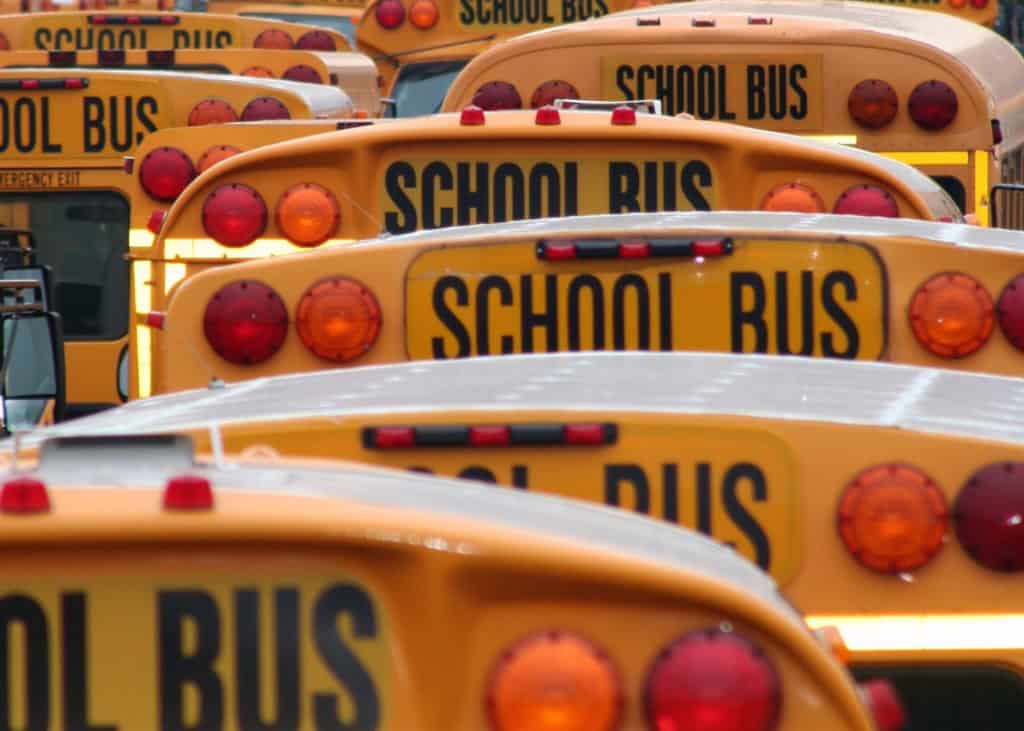The last issue of this Journal was published in the spring of 2020, and the letter from the editors addressed the racial inequities involved in the U.S. both in the criminal justice system and in the effects of COVID-19. Much of our country had been under “shelter in place” orders and our children had to quickly learn how to navigate learning via online classes for the rest of the 2019-20 academic year. Most of us who had spent a good portion of our lives involved in education felt sorrow for the children, especially those who did not know how to navigate the internet well. We looked at what we thought could be two and a half months of falling behind for many of them. However, we thought that if we took those precautions for the rest of the last school year, we would be out of the woods.
Now, we know how wrong we were. Most urban schools have had to proceed with virtual or, at best, partly virtual learning. We understand that, as with most societal issues, communities of color have been more adversely affected. Large numbers of parents have either lost their jobs, adding economic woes to their lives, or they must work “essential” jobs leaving grandparents or neighbors to assist their children who are learning from the internet. Many in our urban communities, especially older residents who are the ones most commonly caring for the out-of-school children, do not own a computer and would not know how to operate it if they did own one. They do the best they can, but often cannot help the children in their care.
Children are not only suffering academically, they are also hurting psychologically and socially. Child psychologists warn that children need to be with other children, not isolated in their own homes. We never thought we would be in such terrible straits nearly a whole year after schools were first closed.
As our editorial staff met, even before the last issue came out and we thought the shut-downs would be more temporary, we discussed what we thought the main focus of this, our next issue, would be. After bringing up a few ideas, we agreed on the topic of K-12 education. We soon realized we had to face a huge challenge in even gathering relevant and timely articles as so many school districts were closed, but as we put this issue together, we also realized that the Lord had been guiding our discussion when we picked this topic.
We are concerned for our children who are getting further and further behind in their studies. We are also concerned about the possible damage to children when they cannot socialize with others in school. Even the best non-public models have to operate in a hybrid form having children take turns being in class while others are home struggling with virtual learning. But we must do our best, as God’s continuing incarnation in our communities, to care holistically about the education of our children, even in the midst of the profound challenges of the pandemic. We offer this issue with a prayer that the Lord remembers the troubles of all the young students around the world, that they would receive his help.
Here are the pieces in Journal of Urban Mission Volume 6, Issue 2:
- Steve Blom, who leads Bright Promise Fund, has brought together stories of Christian schools serving students in various neighborhoods in Chicago, in the Case Study, “Bright Promise Fund: Faith, Education and Chicago.”
- Susan Baker, who has decades of experience helping to start and lead urban Christian schools, examines how a Christian school contributes to a holistic transformation of a community in her Case Study, “Transforming Community Through Christian Education: A Case Study On Hunting Park Christian Academy.”
- Lee Huang, who has served as a member of the Philadelphia Board of Education, reflects on the Christian motivation for engaging in urban public education in “And Who is My Neighbor?“
- Joyce Crosscombe, in her article, “Reflecting on Parenting and Teaching in the City,” sheds light on the realities faced by urban parents that teachers, many of whom enter as outsiders, are not often aware of. She articulates the shape of parent-teacher partnerships that must be forged in order to move us forward.
- Moving off the topic of K-12 education, in his article, “Global Shifts and the Practical Implications for Mission,” Jared Looney writes about the profound societal changes we are undergoing globally, and outlines the ways in which urban mission should respond going forward, especially in how we train future practitioners.
- We round out this issue with Adam Gustine’s “Prophetic Resilience and the Work of Justice: Reflecting on Dr. King,” in which he follows the lead of Dr. Martin Luther King, Jr. and calls us to a recommitment to the prophetic work of the church in spite of setbacks and hardships.
We have been familiar with many setbacks and hardships in 2020. We look to 2021 with hope, but aware that more setbacks and hardships may wait for many of us still. We pray that the Lord will grant you his grace and strength to persevere seeking his kingdom in our cities in the new year, and that you might experience deliverances and triumphs along the journey also.
Shalom,
Susan S. Baker
Kimberlee Johnson
Kyuboem Lee
Philadelphia, USA

